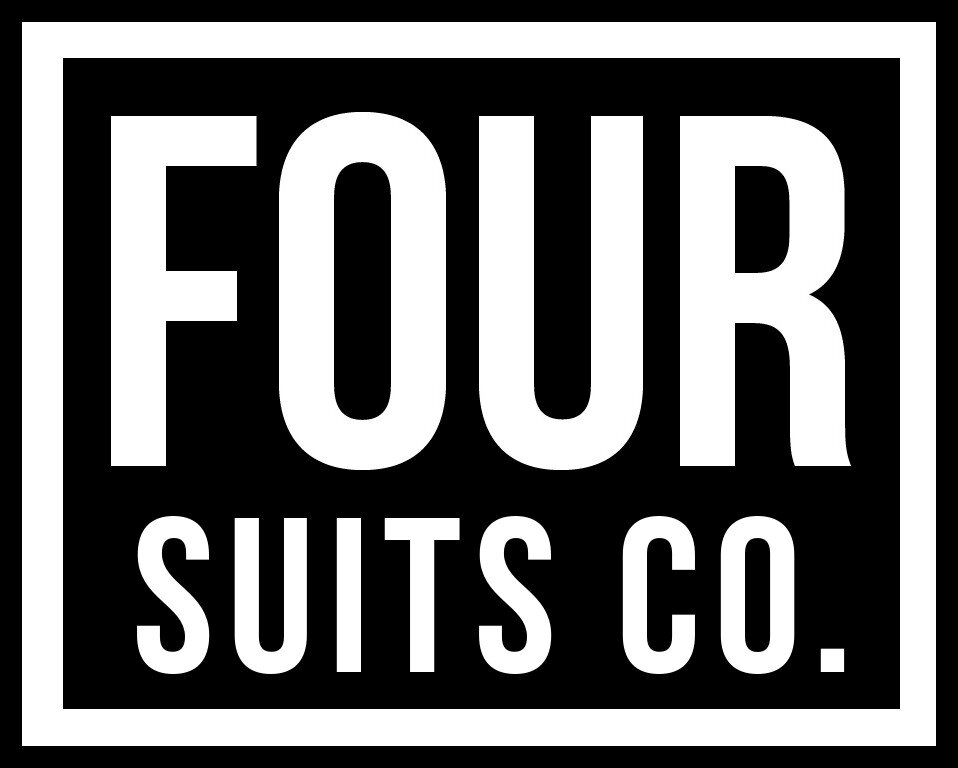This is part two of a short series, so make sure to check out Part One: The Dangers of Mentalism: An Introduction a couple posts back.
Magic is necessarily about presenting something impossible as possible. Within the context of the magic trick this is fun and exciting, and it is accepted that different magicians ask different levels of credulity from their spectators when they perform. While that is all well and good while the effect is being performed, I think it is important to think about the longer-term consequences of our presentational choices. This is partially because the drama which the spectator remembers is just as important as that which they witness, but also because, if we are going to spend immense amounts of time carefully constructing effects that convince, or seem to convince, someone something is real, we should be cognizant of what that belief (honestly intended or not) could lead to.
While this applies to almost every branch of magic, mentalism stands out as the clearest example because of its long and fraught connection with spiritualism and occultism (and the charlatanism that goes with it; this is not supposed to be a put-down of spiritualism, simply a statement that theatrically intended mentalism should not be conflated with it). The most common modern way of avoiding this confusion is to present mentalism as psychological reading of tells, eye movements, Neuro Linguistic Programing (NLP) word associations, and the like (thanks Derren). This neatly sidesteps the problem, correct? Wrong.
To understand why, we have to step back and think about why it is so important that mentalism try to get away from spiritualism. It’s not that spiritualism is more or less real than other magic presentations (which include everything on the spectrum from Woofle Dust to quantum mechanics). And (I hope) it’s not just that many magicians think spiritualism is a weak presentation (because if I have to hear one more time about how “the power of your imagination” makes the card change I swear to god…). What I would say, though, is that spiritualism is a significantly more nuanced presentational frame than most, it has a more direct bearing on many people’s lives (more, I think, than many magicians think) than other frames, and it has more potential to be misused and abused than most. So for example, though quantum mechanics is incredibly complicated and nuanced in terms of what it actually does and does not explain, very few people encounter it directly in their daily lives, so a magician fudging the truth about it won't really change any choices they make in the day to day, and there are established credentials that indicate who is actually an authority on it (do they have a PhD after their name?). Alternatively, Woofle Dust has no nuance (there is no grain of truth, and the audience knows it), and rarely occurs in people’s lives.
If we look at NLP, micro expression reading, body language mirroring, etc, we see that they fit these criteria as neatly as spiritualism does. These concepts come up in, and therefore influence, people’s everyday lives quite regularly, as they are simply methods of talking and interacting with people, something we are all doing constantly. Additionally, they are nuanced in that, while all built on grains of truth and elements of reality, they are often blown out of proportion and exaggerate, either by over eager media, or by hucksters hoping to make a quick buck off of them. This then also explains why they are dangerous: they are easily exploitable by those seeking to profit from those unclear on what and how these ideas actually work. And therefore magicians blithely bolstering their credibility can be doing real harm as well.
But was it by accident that mentalism stumbled directly from one moral grey area to another? I would say no. I think magic needs these “fuzzy spaces” between what is known and accepted, and what is actually understood. Magic has always, and always will, draw on these fringe spaces to operate and give its effects backdrop and meaning.
More on what I mean by “fringe spaces”, and how to use them without letting them use you, next time.
-- Z.Y.
